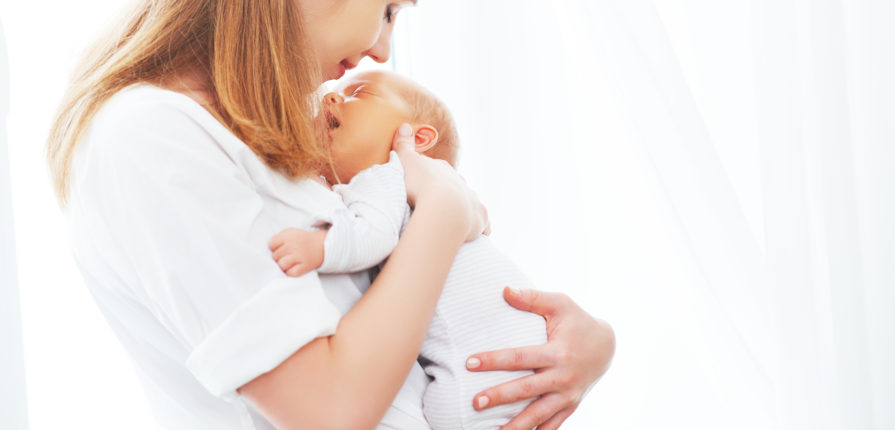ARTICLE: Krutzinna & Skivenes analyse judicial decision makers’ assessment of mothers’ parenting capacities in newborn removal cases.
Most countries and child protection systems have granted authority to the court or court‐like decision‐making bodies to decide intrusive and involuntary interventions into the family, including restrictions of parental rights.
A removal of a newborn baby is considered especially intrusive, as the consequences of separation may be that the child and parents lose their attachment to each other and that the child forms an attachment to other caregivers.
Focus on risk factors
In an article recently published in Child & Family Social Work, senior researcher Jenny Krutzinna and Professor Marit Skivenes examine the discretionary reasoning of the judiciary in three jurisdictions (England, Germany and Norway) in newborn removal cases. Judicial discretion differs by how much information, and what types of factors, are included in the justification for the decision. The analysis focuses on how the strengths and weaknesses of the mother are considered.
– Our findings reveal a high number of risk factors mentioned in the justification for the judgement, and less focus on risk‐reducing factors. Lack of empathy for the child and poor parenting competency were the most discussed factors in the cases we analysed, says Jenny Krutzinna.
Lessons from the study
In their material, Krutzinna & Skivenes find no systematic way of balancing positive and negative factors for the purposes of assessing the parent, although they make reservations that this may be due to the information provided in the care order application.
– A learning point for decision makers and policymakers would be to actively undertake a balancing act between risk‐increasing and risk‐reducing factors, argues Marit Skivenes.
The findings reveal that the situation for these newborns are considered to be harmful, as most cases result in a care order.
The full article is available open access via the link below.
Krutzinna & Skivenes (2020). Judging parental competence: A cross-country analysis of judicial decision makers’ written assessment of mothers’ parenting capacities in newborn removal cases. Child & family social work.

